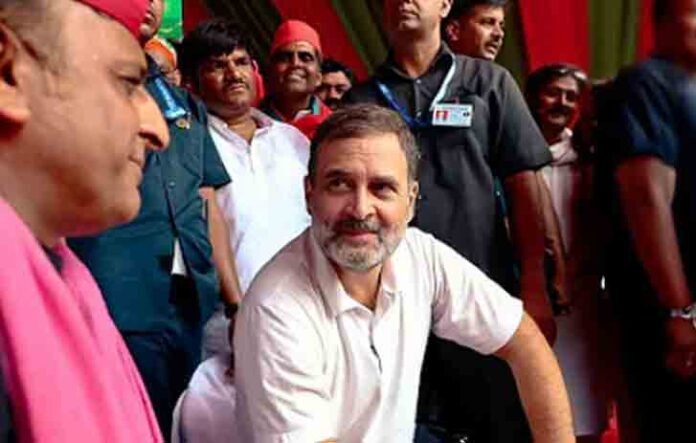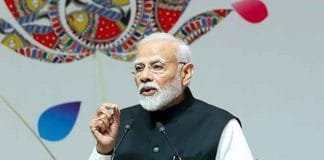Rahul Gandhi criticizes the Modi government for allegedly favoring RSS over UPSC in recruitment and undermining reservation rights for SC, ST, and OBC communities.
Allegations of RSS Influence in Government Recruitment
Rahul Gandhi, Congress MP and Leader of the Opposition in the Lok Sabha, has once again voiced sharp criticism of Prime Minister Narendra Modi’s administration. His latest accusations center around the alleged recruitment practices that favor the Rashtriya Swayamsevak Sangh (RSS) over the Union Public Service Commission (UPSC). According to Gandhi, the Modi government is sidelining UPSC in favor of appointing RSS-affiliated individuals to key positions, a move he believes compromises the integrity of India’s recruitment process.
The Erosion of Reservation Rights
Gandhi’s concerns extend beyond recruitment practices. He has taken to social media, particularly on platform X, to assert that the Modi government is actively dismantling the constitutional guarantee of reservations. Gandhi argues that by utilizing lateral entry schemes for crucial positions within various central ministries, the administration is deliberately circumventing the reservation quotas meant for Scheduled Castes (SC), Scheduled Tribes (ST), and Other Backward Classes (OBC). This, he claims, amounts to a blatant attack on the rights of these historically marginalized communities.
A Blow to India’s Talented Youth
The Congress leader emphasizes that the sidelining of the UPSC in favor of lateral entries not only undermines the reservation system but also deprives India’s talented youth of opportunities. Gandhi asserts that these recruitment practices represent a “robbery on the rights of talented youth preparing for UPSC” and an affront to social justice. He highlights that the lateral entry system pushes underprivileged candidates further away from top positions in the country’s bureaucracy, where their representation is already minimal.
The Privatization of IAS: A Threat to Social Justice
In his critique, Gandhi goes further to suggest that the privatization of Indian Administrative Services (IAS) is part of a broader strategy by the Modi government to dismantle the reservation system. He points to the recent appointment within the Securities and Exchange Board of India (SEBI) as a prime example, where for the first time, a private sector individual has been appointed as chairperson. According to Gandhi, this move sets a dangerous precedent where corporate interests could potentially override public service values, thereby threatening both the administrative structure and the principle of social justice.
India Alliance’s Strong Opposition
Gandhi assures that the INDIA alliance will vehemently oppose what he describes as an “anti-national step” by the Modi government. He believes that the current administration’s approach not only undermines the foundational principles of India’s administrative structure but also strikes at the heart of the social justice system that reservation policies were designed to protect. Gandhi’s accusations reflect his broader concern that the Modi government is systematically eroding the rights of the underprivileged while favoring a narrow set of interests aligned with the RSS.
Rahul Gandhi’s accusations
Rahul Gandhi’s accusations against the Modi government raise significant questions about the integrity of India’s recruitment processes and the future of the reservation system. As the debate intensifies, it remains to be seen how these concerns will shape the political landscape and what impact they will have on India’s commitment to social justice.
















